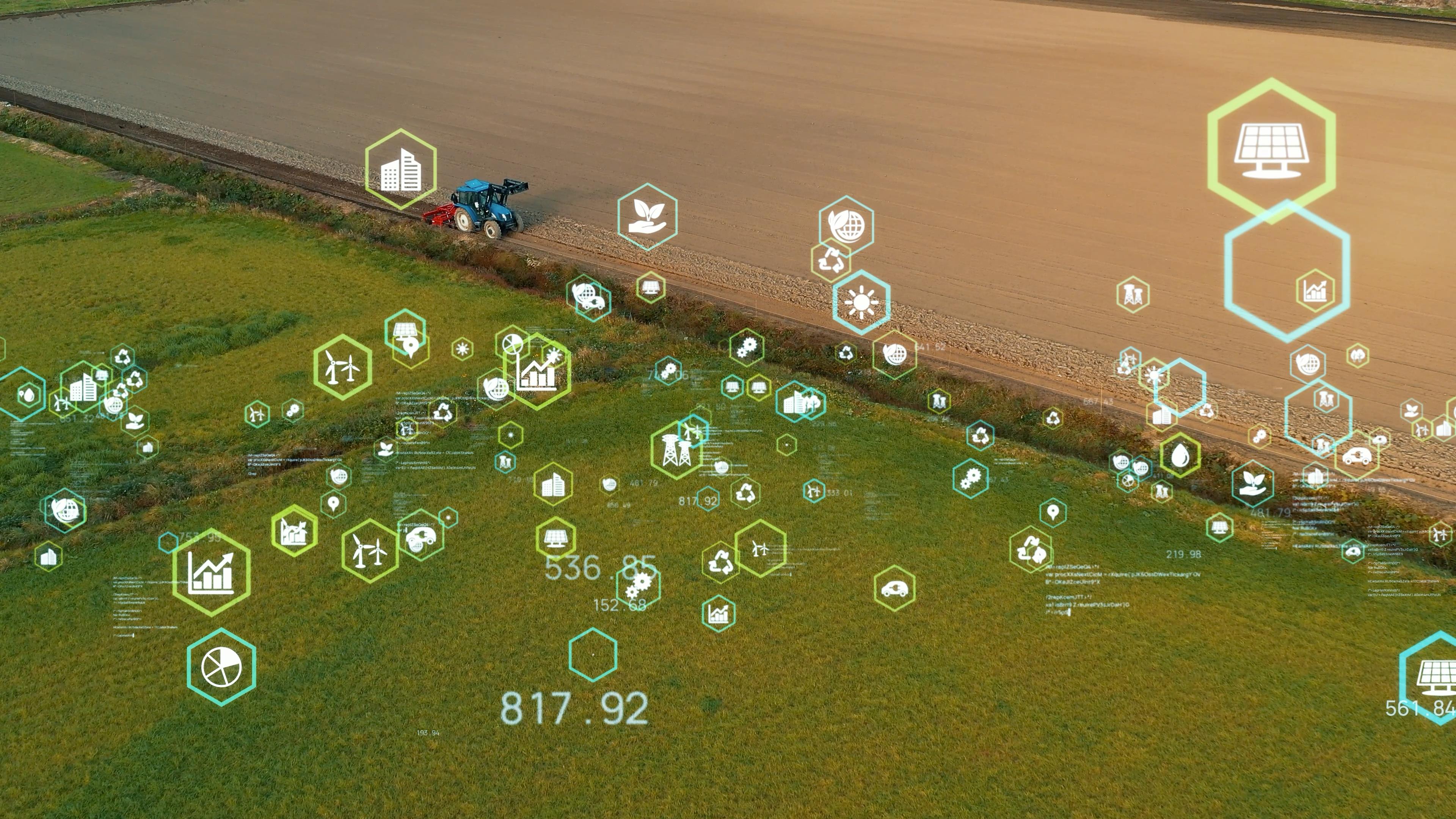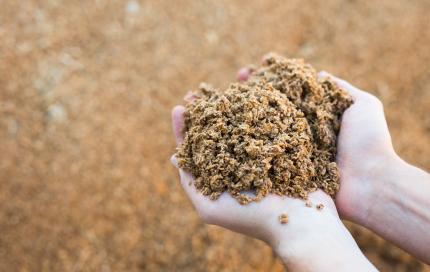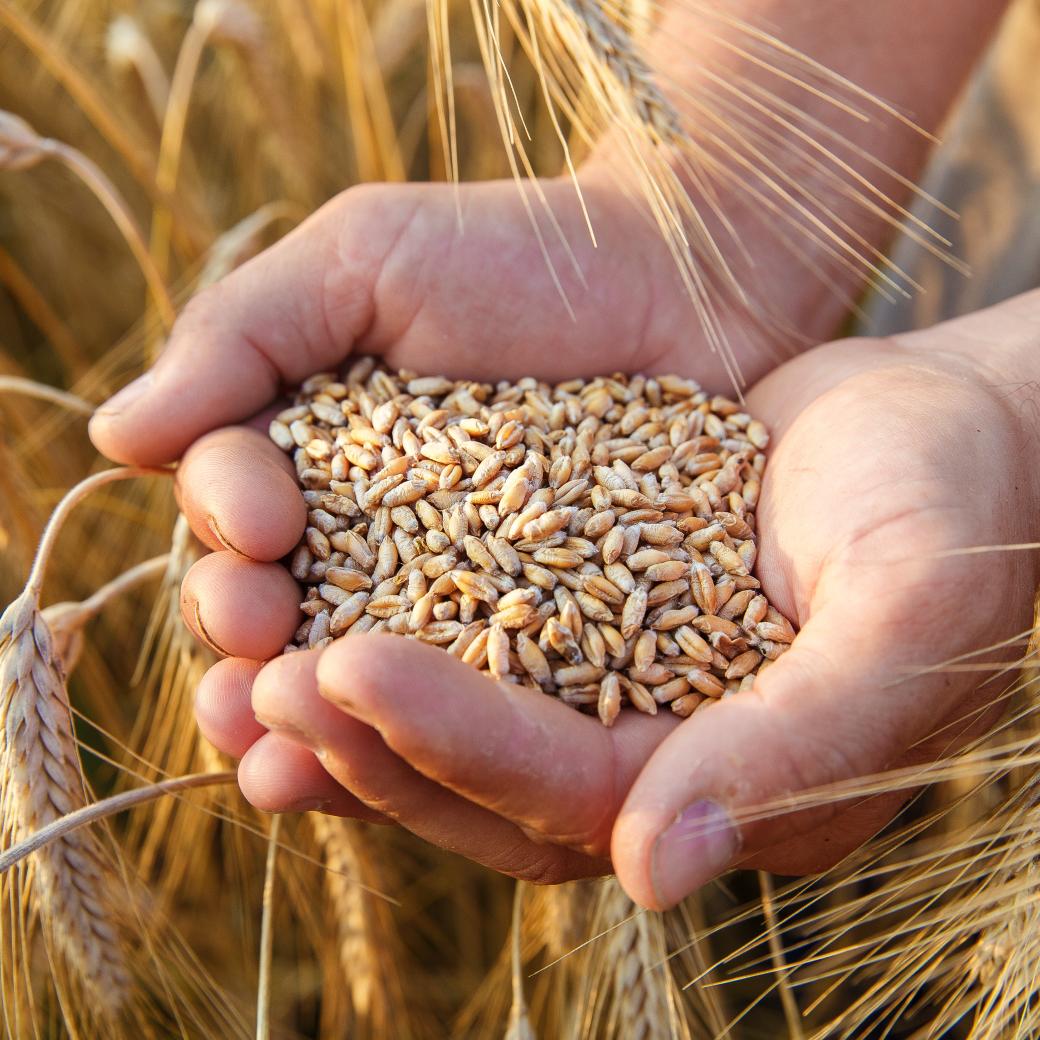Smart Farming & Food Processing
With support of:


Support and accelerate transition in the agriculture and food processing industry by addressing concrete issues by developing innovative solutions based on robotisation, automation, and/or smart data use
Why this project?
The transition of our food system has many challenges. It is not techno-economically obvious to:
- introduce new cultivation systems
- apply alternative forms of plant protection and weed control
- make soil management more sustainable
- perform precision fertilisation
- increase protein diversity
- run more flexible production runs with small lot sizes in food plants
- resolve labour issues
Robotisation, automation, and/or smart data use is a necessary contribution to make this transition happen. However, the application potential of these technologies remains underutilised today when it comes to the issues and ideas of individual farmers and SME food companies that focus on the transition.
The Smart Farming & Food Processing project offers such companies the chance to work out concrete solutions or adapt existing systems in collaboration with technology companies and the project partners.
Specifically, this will be achieved in projects (with a maximum duration of 2.5 years) for some 7 to 9 concrete, selected challenges. In the process, the solution will also be examined as a business case, on the basis of which those involved can decide how widely to start valorising and commercialising the developed innovation and under what form.
This Interreg Flanders-Netherlands project supports cross-border cooperation between the Flemish and Dutch within the theme ‘A smarter Europe’.
Together we design the Future!
Methodology and expected results
The first steps in the project involve identifying concrete challenges in the ‘agri-food’ and ‘food processing’ sectors that can be addressed through automation, robotisation, and digitalisation. Concrete issues will also be queried actively.
After collecting ‘challenges’, the project will work with a selection of 7 to 9 challenges and start looking for innovative technology companies that want to develop or further optimise the required technology with financial support. Cooperation with the project’s network organisations and knowledge institutions as well as with technology companies will be encouraged in order to accelerate the development process.
Approved innovation tracks
Meanwhile, seven innovation tracks have already been launched within the project. More information on these tracks and the partners within each track can be found in this guide: Interreg_SFFP_Innovatietrajecten_In_Beeld (adobe.com)
Below are some videos about the different tracks.
As there is also a great need for test infrastructure when developing new techniques, the living labs and field labs of the knowledge institutions involved are made available. This makes the valorisation of new technology more efficient and allows it to go to market quickly in the form of economically viable business cases.
For more info on the project, its activities, and achievements, please visit the project website: www.interreg-sffp.eu
Broccoli processing line
Flex insert and packaging
Packing line
Robotics for weed control
Weeding without hands
Sun-powered work assistant
Scarecrow
Target group
What does the project have to offer SME food companies?
- From the project, we recruit potential technical companies that can (further) develop an application.
- A grant is available for both the company with the issue and the technical company that will develop the application.
- Knowledge, expertise, and support is provided from both a Dutch and Flemish knowledge institution/field lab.
Project partners
The partnership consists of 13 partners in total and, in terms of roles, 6 knowledge institutions, 4 field labs, and 6 networking organisations. Some partners have dual roles (see below). All partners will use their networks to:
- identify issues
- recruit potential technology partners to develop the targeted solutions
- establish an independent expert council for each challenge
- disseminate project results to their constituencies and network contacts
The consortium consists of the following consortium partners:
- Knowledge institutions: VIVES, Avans, ILVO, Fontys Greentechlab, Flanders Make, Inagro
- Field labs: Flanders Make, Breda Robotics, ILVO, Inagro
- Network organisations: Boerenbond, Impuls Zeeland, BEMAS, High Tech NL, Flanders’ FOOD, ZLTO

Questions?
Interesting articles

Sustainable animal feed from sweetcorn cobs: meet Trotec



